MHacks win propels virtual reality startup named Gwydion, focused on child therapy and 3D gaming
EE senior Duncan Abbot and his new startup Gwydion want to make VR worth the while. Their early projects range from therapy in children’s hospitals to helping materials scientists study 3D crystals.
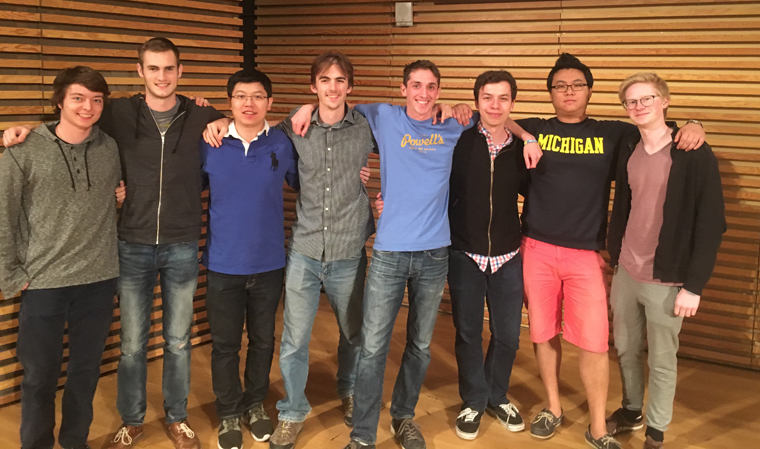
 Enlarge
Enlarge
Google released its Cardboard platform to transform any smartphone into a virtual reality headset, but it takes good content to really draw new users to the growing world of VR. EE senior Duncan Abbot and his new startup Gwydion want to make VR worth the while, tackling ambitious apps that expand what users can do with just a piece of Cardboard. Their early projects range from therapy in children’s hospitals to helping materials scientists study 3D crystals.
Duncan caught the VR bug just in time for the 2015 MHacks, where he and his team decided to give coding a VR game a shot. None of their computers had the right specs to work with an Occulus Rift, so they went the mobile route with Cardboard and popular game development platform, Unity.
After 48 hours of digging into a platform they were fairly unfamiliar with, the team won MHacks’ game category. This success kept them going, and they began pushing out more short games on the mobile VR platform.
“I don’t think it would have occurred to us that it was worth it to develop on this platform if MHacks hadn’t been so successful,” Duncan says.
Duncan will tell you that the decision to go from a team who make games to a full-on company came mostly from happenstance. For example, he first approached Mott Children’s Hospital with a proposal after he overheard their Director of Child Life talk about his interest in incorporating VR into therapy and rehab programs. “He said he wanted to help kids feel like they’re not just trapped in a hospital for months,” Duncan says.
This encounter gave Duncan and crew the sense that there were still niches left unfilled in the VR world, and they decided in February to incorporate Gwydion, initially named “Trapped Note” after their first game.
Mott moved forward with the team after a demo, having them focus on apps and games for children’s therapy programs. They’re working with an Electromyography (EMG) controller that can sense muscle nerves and send signals to a VR app. The app responds, and gives the child directions in-game.
“If the kid needs to flex their arm to stretch out a burn or a muscle with some atrophy, they’re incentivized to do that in a certain way,” Duncan explains. Ideally, this will make recovery more fun and active.
Gwydion focuses its efforts on mobile platforms like Cardboard to make its products more accessible – the most popular high-end VR headsets can cost nearly $1000 and require powerful computers to run. The team hopes this cost-effective model will allow them to bring their games to children’s hospitals across the country.
A new project with the Materials Science and Engineering Department, as part of the upcoming Campus of the Future initiative, gives Gwydion a chance to expand their product offerings with an app that assists in crystal viewing. Visualizing 3D crystal structures in the 2D space of a computer screen can be frustrating for aspiring Materials Science majors, but VR can make the experience more immersive and enlightening. By rendering models in a virtual environment, users can walk around or rotate and enlarge crystals to be viewed from any angle and even see them with depth perception – as if they were looking at a physical model in lab. This will help students and professors more easily view the different layers and patterns in a variety of crystal formations.
On top of these two client projects, the Gwydion team still pursues gaming projects for a wider audience. The company’s biggest project at the moment is a Massively Multiplayer Online (MMO) VR game that uses real-world physics to give players the sense that they can interact realistically with items and weapons in the game.
The team funded one of their most recent projects with a Kickstartercampaign. Their game “Triangulum,” pitched as the first “open-world” virtual reality game for mobile, allows players to wander in a 3D space by looking around through the headset. Other games of its kind put players on a fixed track, without the freedom to move around. By the end of March, it was the most popular mobile game on Kickstarter.
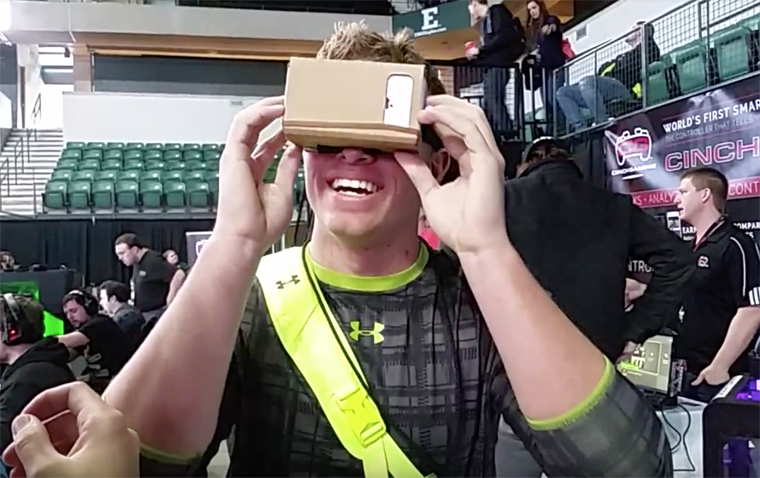
 Enlarge
Enlarge
This campaign brought in $15,000 for the company. Combined with other rounds of pitching in the spring and summer, including LS&A’s OptiMize Social Innovation Challenge and MTank, Gwydion has raised over $40,000 of funding in 2016.
With no shortage of support and interest, the team plans to move forward with much more ambitious VR projects.
“We’re obsessed with new opportunities,” Duncan says. “And in VR, there are a lot of opportunities people aren’t exploring.”
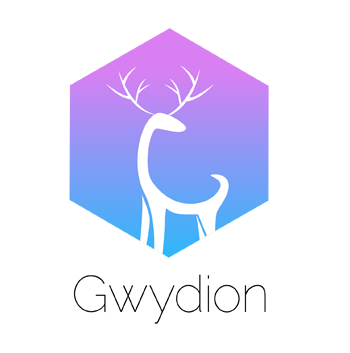
 Enlarge
Enlarge
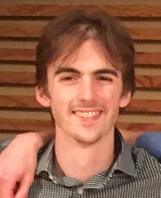
 Enlarge
Enlarge
Duncan Abbot (Senior, EE)
President, CEO, and Co-Founder
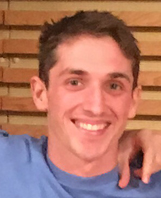
 Enlarge
Enlarge
Paul (Robert) Stefanski
Creative Director, Secretary & Treasurer, and Co-Founder
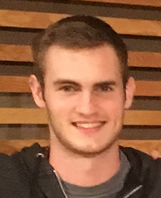
 Enlarge
Enlarge
Gus (Mark) Schissler
Art Director
 MENU
MENU 
